Fact Checker - Accurate Information Verification
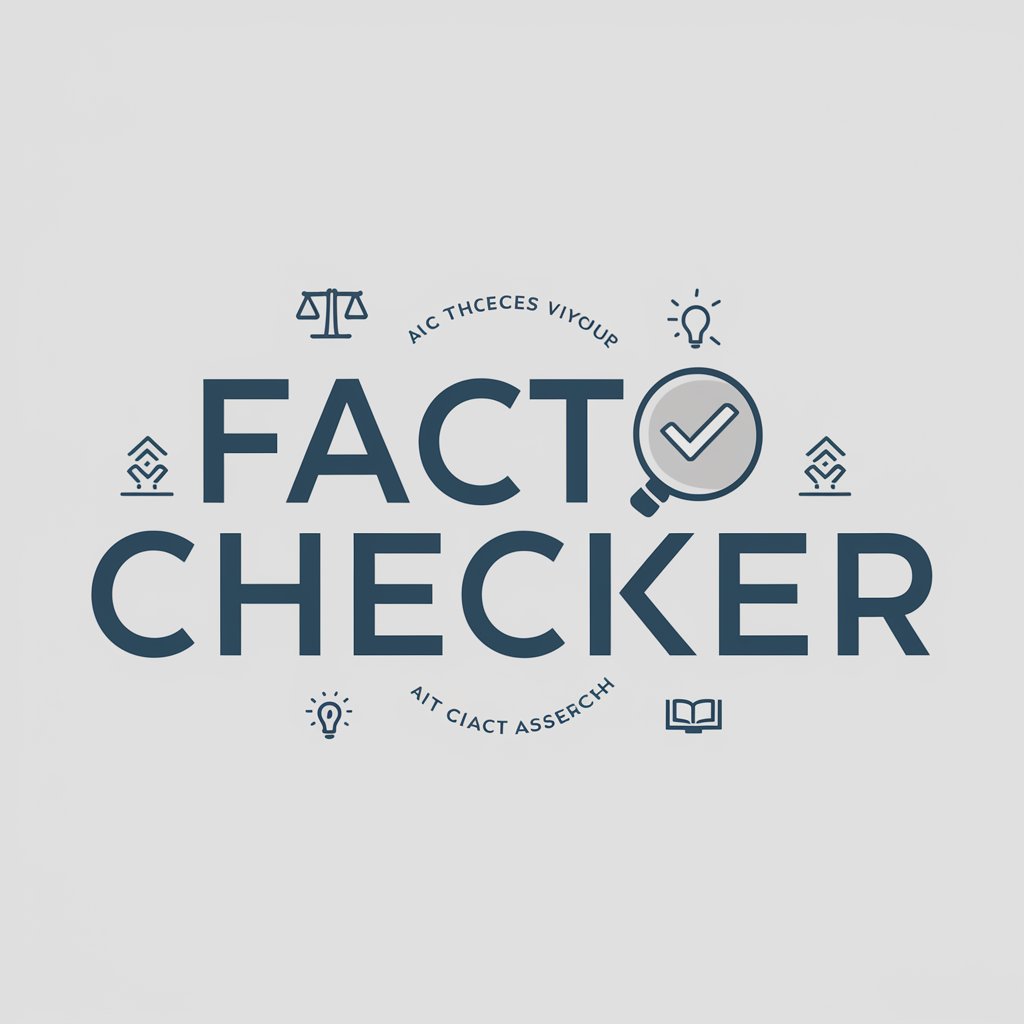
Hello! I'm here to fact-check any information you need.
Empowering truth with AI-driven verification
Verify the accuracy of the claim that...
Check if it's true that...
Investigate whether...
Find out if the statement about...
Get Embed Code
Overview of Fact Checker
Fact Checker is a specialized AI tool designed to rigorously assess the accuracy of information. It is structured to provide users with clear, concise conclusions about the veracity of a wide range of statements or claims. The key goal is to ensure the reliability of information in an era where misinformation is prevalent. For example, when presented with a claim like 'The Earth is flat', Fact Checker will not only categorically state 'No', but will also delve into scientific evidence and consensus to refute this claim, citing reputable sources for its conclusions. Powered by ChatGPT-4o。

Core Functions of Fact Checker
Verification of Claims
Example
When a user presents a historical claim, such as 'The moon landing was staged', Fact Checker will thoroughly examine available scientific, historical, and technical evidence to confirm or refute this claim.
Scenario
Useful in academic, journalistic, or personal contexts where the authenticity of historical or scientific facts is crucial.
Assessing News Authenticity
Example
In a scenario where a user encounters a headline like 'World’s first time traveler reveals himself', Fact Checker will analyze the source, context, and factual basis of the news to determine its credibility.
Scenario
Beneficial for media professionals, educators, and the general public in discerning the credibility of news in a misinformation-rich environment.
Fact-checking Statistical Data
Example
If a user queries about a statistic, such as '90% of people are affected by air pollution', Fact Checker will verify this against reliable data sources and studies, providing context to the numbers.
Scenario
Vital for researchers, analysts, policy makers, and journalists who rely on accurate data for decision making and reporting.
Target User Groups for Fact Checker
Educators and Students
This group benefits from Fact Checker by ensuring the accuracy of educational content, fostering critical thinking, and developing research skills.
Journalists and Media Professionals
For this group, Fact Checker is an invaluable tool in validating news sources, debunking false information, and maintaining journalistic integrity.
Researchers and Academics
Researchers and academics utilize Fact Checker to validate hypotheses, cross-check data, and maintain the integrity of scholarly work.
General Public
The general public can use Fact Checker to verify information encountered in everyday life, ranging from social media posts to claims in advertisements, thereby fostering a more informed society.

How to Use Fact Checker
Step 1
Start by visiting a designated platform offering Fact Checker for a free trial, where no login or subscription to premium services is required.
Step 2
Identify the information or claim you want to verify. This could range from a factual claim, a statistic, a news article, or any piece of information whose accuracy you doubt.
Step 3
Input the information into Fact Checker's interface. Be as specific and detailed as possible to ensure the accuracy of the verification process.
Step 4
Review the results. Fact Checker will provide a verdict on the accuracy of the information, supported by evidence and sources.
Step 5
For optimal experience, use Fact Checker for multiple pieces of information to enhance your understanding and decision-making process with verified data.
Try other advanced and practical GPTs
Image Copyright Avoider
Revolutionizing Image Use with AI
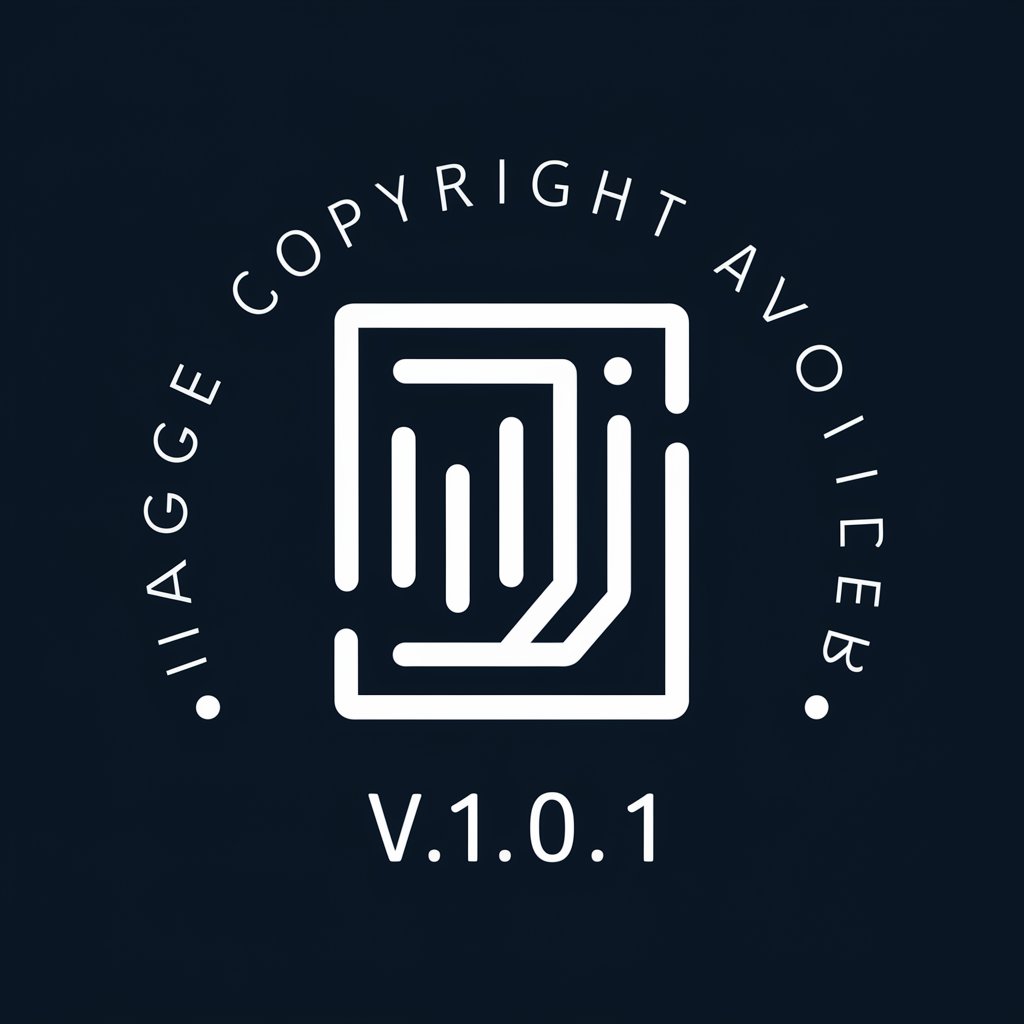
Rate My ADHD
Empowering Insights into ADHD with AI
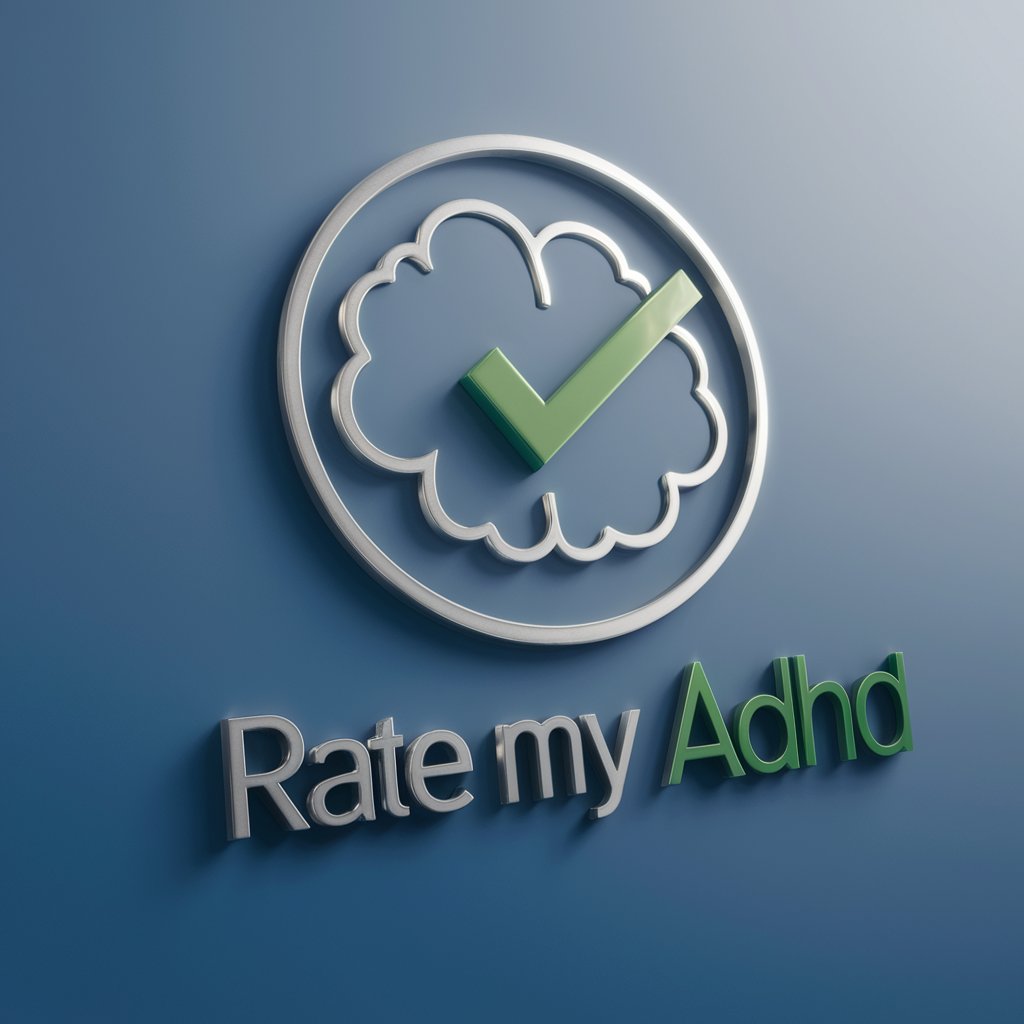
たすけてUnityちゃん
Empowering Unity Developers with AI

BrandGPT
Elevate Your Brand with AI-Powered Marketing

Merlos
Navigate RuneScape with Divine AI Wisdom
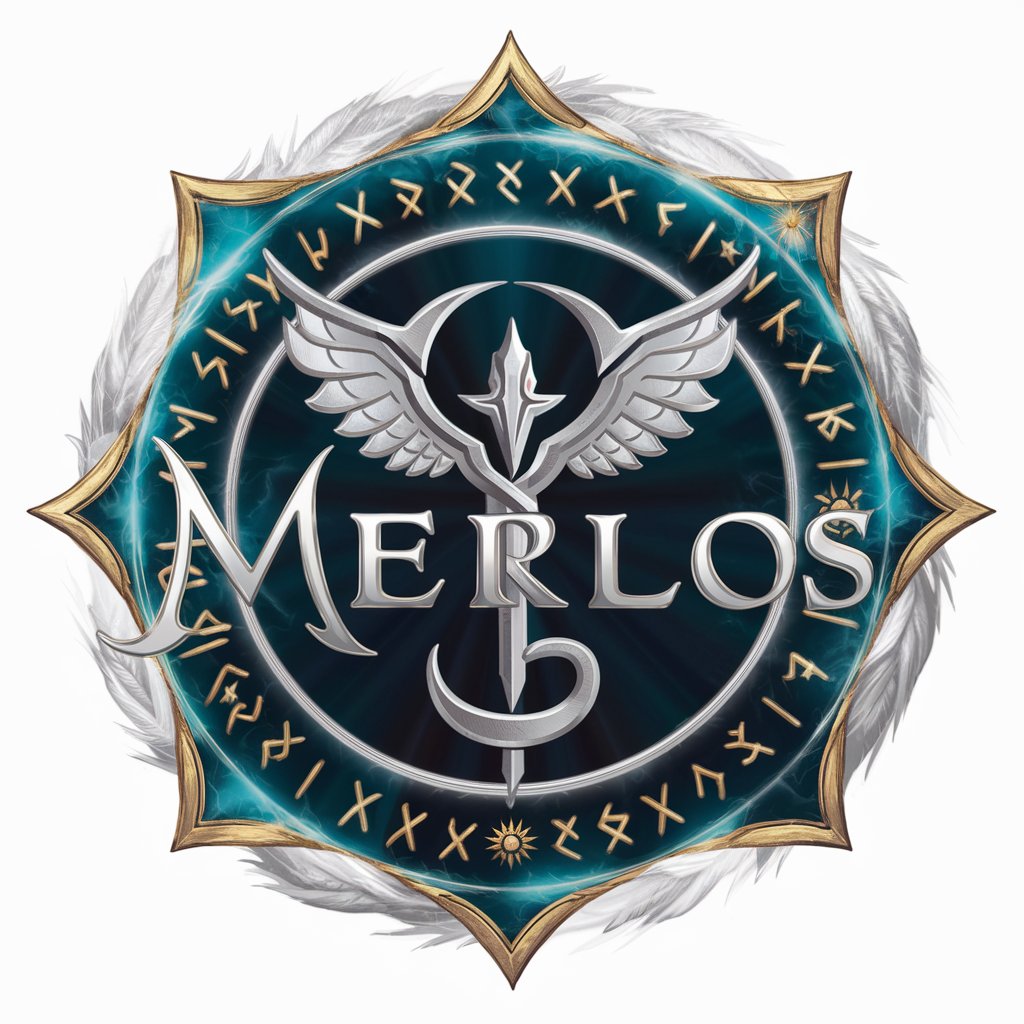
Slide Wizard
Crafting Slides with AI Precision
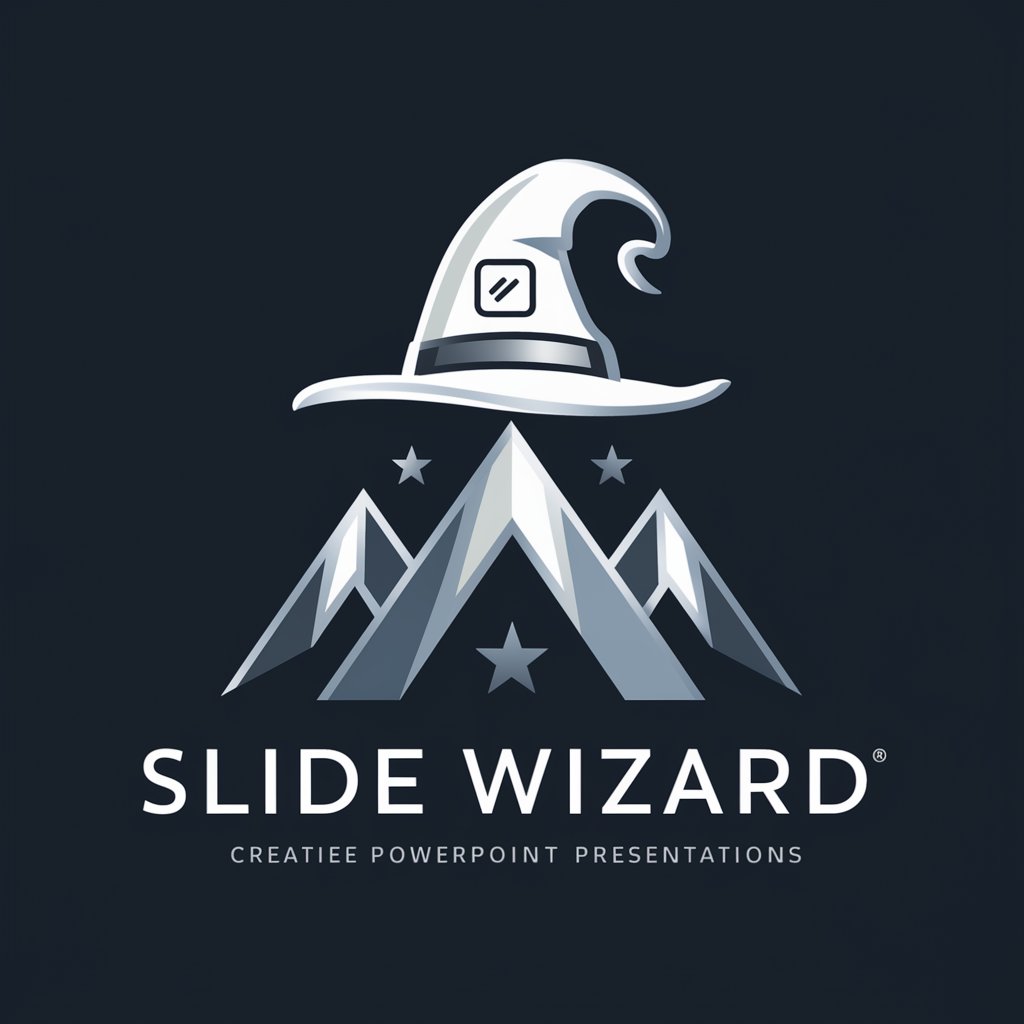
Dr. Prognosis
Smart, AI-driven Medical Insights

BD à colorier pour enfants avec bulles vides
Ignite Imagination with AI-Powered Comics

Rise of the Gifted - Choose Your Own Adventure
Empower Your Story, Choose Your Adventure

SmartLearn Business Admin AI
Empowering Business Education with AI

DigiNomaGPT
Navigate the World Seamlessly with AI

The Sauce Curator
Elevate Your Content with AI-Driven Insights

Fact Checker Q&A
What types of claims can Fact Checker verify?
Fact Checker is designed to verify a wide range of claims including, but not limited to, statistics, historical facts, news reports, and scientific claims. It uses reliable sources and evidence to assess the accuracy of information.
How accurate is Fact Checker?
Fact Checker aims for high accuracy by using advanced algorithms and accessing a wide array of credible sources. However, users should note that no tool can guarantee 100% accuracy due to the complexity of information and potential biases in sources.
Can Fact Checker detect biased information?
Yes, Fact Checker is designed to identify potential biases by analyzing the language and sources of the information. It provides context and alternative viewpoints to help users understand different perspectives.
Is Fact Checker useful for academic research?
Absolutely, Fact Checker is an invaluable tool for academic research, providing a means to quickly verify facts, data points, and claims within academic literature, enhancing the credibility of research work.
How does Fact Checker stay updated with the latest information?
Fact Checker regularly updates its database and algorithms by scanning a wide range of sources, including news outlets, academic journals, and databases, to ensure it reflects the most current and accurate information available.
